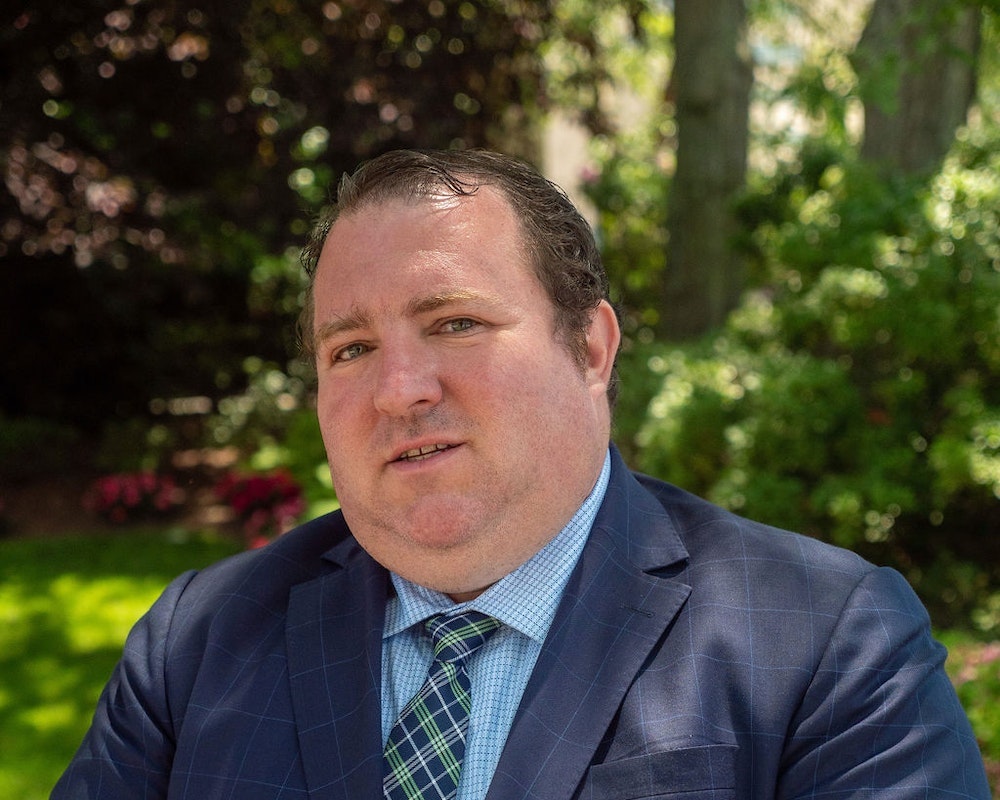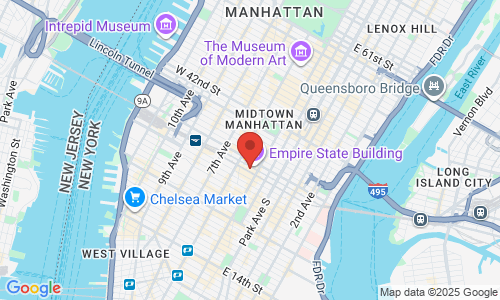What Is Malicious Prosecution In New York?
Malicious prosecution is a little bit different than a false arrest because it focuses more on the prosecution, not the arrest itself. Typically, the elements of a malicious prosecution case are if an individual initiated or continued a proceeding without a probable cause to believe it could be successful with malice and that the prosecution was resolved in the person’s favor. It starts actually at the arraignment. Anytime up until the arraignment is not a malicious prosecution because that’s all an arrest. Under New York law, a malicious prosecution actually begins at arraignment. Typically, what our New York City malicious prosecution lawyers need to be able to show is that the prosecution was undertaking in bad faith, that they knew there was no probable cause to believe whatever the accused was accused with had occurred and that they went forward anyway.
There are a few things hereby initiating a prosecution usually. One of the common myths is that you can sue a prosecutor. You can’t sue prosecutors 90% of the time, but who can you sue? Anybody who made the accusation is who you can sue. For example, if the detective or a police officer signed a felony complaint charging you with felony or signed a misdemeanor complaint charging you with a misdemeanor and they did so base on evidence they knew was not true or evidence they knew was fabricated or they withheld the evidence that showed that the person being charged did not commit the crime, then you can sue for a malicious prosecution. Provided you prevail, you either get the case dismissed or you get a not guilty verdict at trial.
There are two subsections of this law. There is a federal component where you can sue in the federal court under 42 U.S.C. § 1983 because everybody has a right not to be prosecuted when there is a lack of probable cause. The New York State common law that recognizes the cause of action for malicious prosecution. Now, a few things that we need to keep in mind, a lack of probable cause has to be established as an element of the case. In the case of felonies where there’s actually been an indictment, the person bringing the case has to be able to show that the indictment was secured through bad faith, fraud or perjury because New York law generally recognizes an indictment by a grand jury establishes a prima facie proof that there was probable cause because an independent body has looked at the evidence and determined that there is probable cause.
Our experienced malicious prosecution lawyers in New York know that step 1) is to always get the grand jury transcripts, 2) you always have to be able to show what actually occurred in the grand jury. A number of cases where our New York City wrongful prosecution attorneys have been successful, we’ve been able to show that exculpatory evidence was withheld from the grand jury. For example, the grand jury was told one side of the story, but not shown evidence that contradicted that side of the story or somebody, usually, the police officers lied in the grand jury. In one very well-known case which our New York City malicious prosecution attorneys handled, we were able to show that a New York City detective used a confidential informant that he knew was lying and put him into the grand jury and basically suborn perjury before the grand jury. So police misconduct that results in tampered or untrue testimony occurring before the grand jury, can rebut the presumption of probable cause.
The federal court jury in the southern district in New York said, “Yes, that was malicious prosecution”, and our New York City civil rights lawyers successfully rebutted the presumption of probable. The presumption of probable cause in New York can be rebutted by showing a perjury in the grand jury or other police misconduct, including withholding of exculpatory evidence that affects the grand jury’s verdict. The last thing you have to be able to show in a malicious prosecution case is the charges were resolved in your favor. That has kind of a special definition because, under New York law, which has been adopted by the federal courts, it can’t be as a result of a compromise. Unfortunately, our office will see a lot of cases where people come and say, “Hey, my case was dismissed” to only find out that they got what’s called an adjournment in contemplation of dismissal.
An adjournment of contemplation of dismissal is considered a compromise, so it cannot qualify as a termination in your favor. When you’re resolving a criminal case, if you had a case that does not have merit charges that are being filed against you and you know that people have to dismiss it, don’t take an ACD because then that will compromise or basically prevent you from being able to sue in a malicious prosecution case. If you take an adjournment of contemplation of dismissal, the case was technically dismissed and you were not found guilty, however, it does bar your malicious prosecution case because it was not a determination in your favor. The other element is malice, generally the courts show or held that if you can establish a lack of probable cause or that the police have fabricated evidence which again establishes that there wasn’t a probable cause in the first place, then that malice element is generally met because a lack of probable cause establishes an inference of malice.
Our malicious prosecution attorneys in New York know that these cases can be very serious because when someone is charged with a serious crime, many times they lose their jobs and they have negative impacts on their careers and earning potentials. In some of these cases where you have very large verdicts, our New York City malicious prosecution attorneys have worked with the economists to do projection of lost income and to the future lost income and the damage caused by a wrongful and malicious prosecution. We know, our New York City malicious prosecution attorneys know that when someone is charged with a crime and it’s known within our industry or publicly, it’s like a cloud that hangs over them for the rest of their life and the damage is not easily undone. Juries get that.
Get Information on Malicious Prosecution in New York or call the Law Office of Michael H. Joseph, PLLC for a FREE Initial Consultation at (212) 858-0503 and get the legal answers you are seeking.









